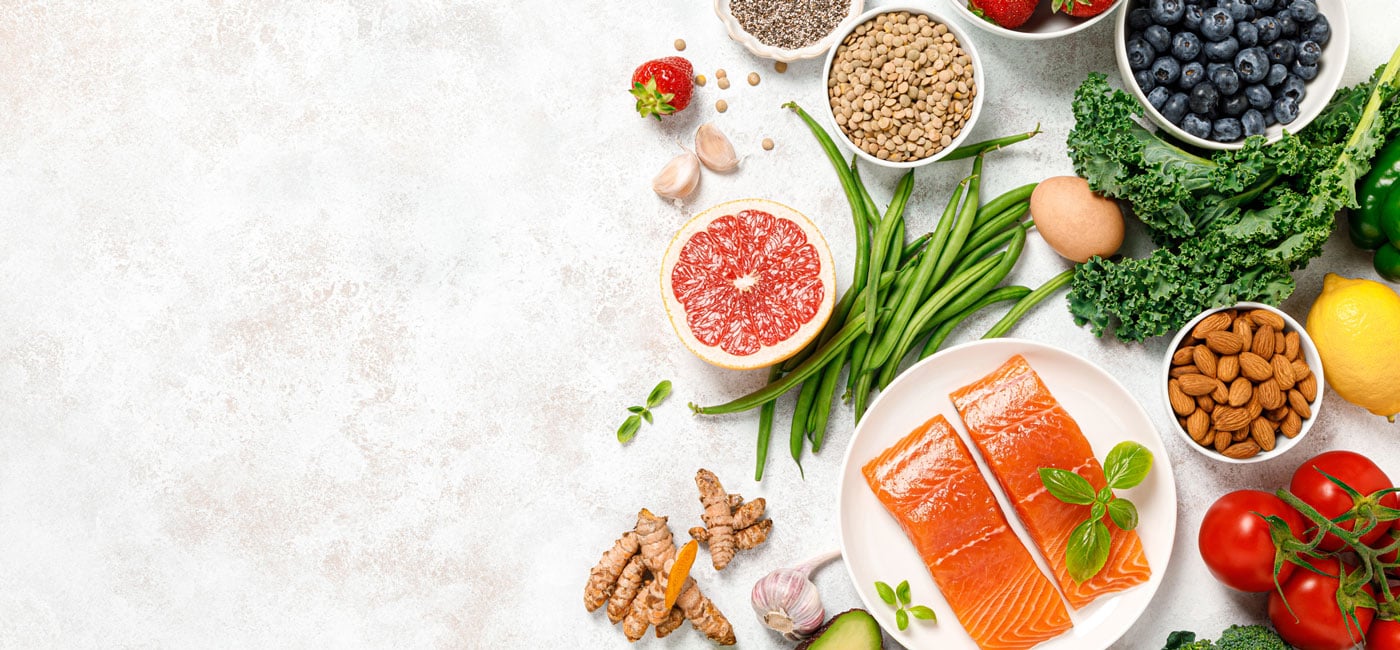
You don’t feel hungry the usual way. Food smells wrong. Water tastes like metal. Nausea flares without warning. This isn’t loss of appetite—it’s redirection. Your body still needs fuel. But its signals misfire. Eating becomes work. Timing and choice take priority over craving.
Small portions eaten frequently offer more stability than large meals spaced far apart
Your body rejects fullness. Big meals overwhelm digestion. Smaller meals help. Every two to three hours. A few bites. A handful of nuts. A spoon of yogurt. Calories trickle in without triggering nausea. You eat to maintain—not to satisfy.
Protein matters more than ever, even when it feels harder to digest
Cells need building blocks. Chemotherapy breaks tissues down. Protein rebuilds them. Chicken, fish, tofu, lentils, eggs—whatever you can tolerate. Some days it’s broth. Other days, a smoothie. Quantity drops. Quality stays. One spoon of protein is better than ten of starch.
Bland foods don’t heal, but they keep you moving forward on difficult days
Rice. Boiled potatoes. Dry toast. They don’t nourish deeply. But they don’t offend. On hard days, these sit quietly in the stomach. They give your gut space. Once nausea settles, richer foods can return. Bland isn’t weakness. It’s pause.
Taste changes force you to question everything you used to love without warning
Your favorite fruit now smells sour. Coffee becomes bitter. Garlic stings. Onions turn metallic. Chemotherapy rewires perception. Saliva shifts. You don’t recognize flavor. That loss feels deeper than hunger. It’s identity disruption. You rebuild by trying new things—slowly, curiously, without pressure.
Hydration becomes part of nutrition when solid food intake drops sharply
Chemo dehydrates. Mouths dry. Water tastes off. But fluid supports digestion. It prevents kidney strain. Broths help. Herbal teas. Water with lemon. Ice chips. Smoothies double as meals. When food fails, fluids carry nutrients. The line between eating and drinking blurs.
Supplements help fill gaps, but they can’t replace real meals forever
Ensure. Boost. High-calorie shakes. They offer backup. Not a solution. Supplements help during hard weeks. They carry vitamins, fats, protein. But they can’t teach your body to digest again. Real food, even in crumbs, still matters more long term.
Cooled foods may feel safer than hot ones when nausea becomes constant
Warmth brings smells. Smells bring aversion. Cold food blunts that. Yogurt. Cucumber slices. Chilled rice. Cold meals don’t trigger your senses as much. They offer a backdoor entry to calories. On difficult days, temperature matters more than content.
Avoiding overly sweet or greasy meals helps your stomach survive treatment weeks
Sugary treats may seem comforting. But they turn on you. They ferment fast. Greasy foods stay too long. Fried, creamy, rich—these worsen queasiness. Gentle fats like avocado or nut butter offer calories without punishment. Your gut learns what feels kind.
Chewing feels different when your mouth lining is raw or your throat stings from dryness
Mouth sores change everything. Hard foods scratch. Citrus burns. Acid bites. You avoid crunchy textures. Switch to soft. Eggs, mashed vegetables, soups. Chew less. Sip more. Even the act of swallowing becomes careful. Each bite matters.
Smell sensitivity builds slowly but rewires how your brain responds to food altogether
Your kitchen becomes overwhelming. The fridge door releases waves. Cooking feels impossible. Smells linger. You need ventilation. Eating cold. Eating in other rooms. Sometimes just opening packaging makes you gag. Food isn’t the enemy. But your brain flags it as one.
Constipation or diarrhea often reflect more than medication—they react to food rhythm and fiber type
Chemo shifts gut speed. One week it stalls. Next week it races. Fiber needs change. Soluble fiber helps regulate. Oats, bananas, applesauce. Insoluble can irritate. Whole grains, raw greens—become difficult. Adjust fiber based on symptoms. Don’t follow old rules blindly.
Fatigue steals preparation energy long before it affects appetite directly
You want to eat. But you can’t cook. Standing drains you. Shopping overwhelms. Meals require energy you don’t have. Prepping in bulk helps. Freezer meals. Ready snacks. Family assistance. You don’t need complex meals. You need reachable ones.
Eating with others softens the emotional weight food can carry during treatment
Isolation builds. Food feels mechanical. Eating together restores normalcy. Even if you eat less. Even if you just sip broth. The presence helps. Conversation distracts. Shared meals don’t need to be full meals. They just remind you of rhythm.
The goal isn’t perfect balance—it’s nourishment that feels possible on any given day
You won’t meet every target. You won’t get five servings of vegetables. You might drink calories for days. That’s okay. The goal shifts. Nourishment becomes resilience. One banana. Half a sandwich. Calories without pain. That’s success during treatment.
Source: Oncology in Dubai / Oncology in Abu Dhabi
